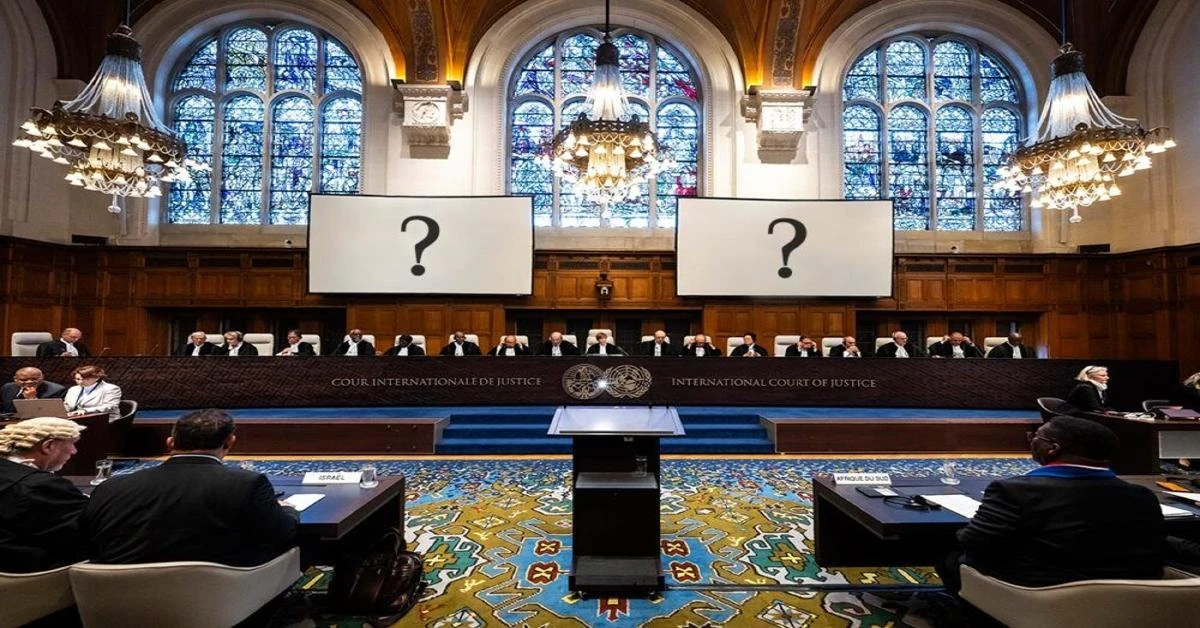ICJ to hear arguments on Israeli occupation of Palestinian territories

International Court of Justice holds hearings on the legal consequences of Israel’s occupation of Palestinian territories, with over 50 countries participating
The International Court of Justice (ICJ) commenced a series of hearings on Monday concerning the legal ramifications of Israel’s presence in Palestinian territories, with over 50 countries slated to present their viewpoints to the judges.
Riyad al-Maliki, the Palestinian Foreign Minister, will be the first to address the court in The Hague during these legal proceedings.
Following a request from the U.N. General Assembly in 2022 seeking an advisory opinion on the occupation, the hearings are set to continue until February 26. Subsequently, the judges are expected to deliberate for several months before issuing their non-binding opinion.
Israel has disregarded previous advisory opinions.
Numerous countries, including the United States, China, Russia, South Africa and Egypt, are scheduled to participate in the hearings. Türkiye will also deliver a 30-minute statement.
Although Israel will not appear in person, it has submitted written observations.
These hearings are part of the Palestinian efforts to urge international legal bodies to scrutinize Israel’s actions. This move has intensified following recent events, including Hamas attacks in Israel and subsequent military responses.
Israel gained control of the West Bank, Gaza, and East Jerusalem – territories sought by Palestinians for statehood – during the 1967 war.
While it withdrew from Gaza in 2005, it still exercises control over its borders along with neighboring Egypt.
This marks the second occasion the U.N. General Assembly has sought an advisory opinion from the ICJ regarding the occupied Palestinian territories.
The judges have been tasked with reviewing various aspects, including Israel’s occupation, settlements, and annexation efforts, as well as measures impacting Jerusalem’s demographic makeup, character, and status, along with discriminatory legislation and practices.
Source: Newsroom
#haber#



